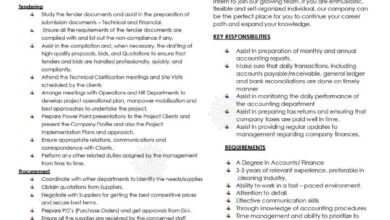8 Rights Every Employee Should Be Familiar With

People often get right to work as soon as they get hired some even without requiring their contracts of employments. These people are often oblivion to their rights as employees. Here are some of the basic employee rights every employee should know.
1. A rest day of not less than 24 consecutive hours, normally including
Sunday, must be given in every period of 7 consecutive days. Employees working on shifts must be given a rest day of at least 30 consecutive hours in a period of 7 consecutive days.
2. An employee may not work more than 14 hours overtime in one week. For normal working days, overtime is calculated at 1.5 times the basic hourly rate. For rest days or paid public holidays overtime is calculated at double the hourly rate.
3. There are 8 paid public holidays each year, and these include: New Year’s Day, Good Friday, and Easter Monday, 1st May, President’s Day, Day following President’s Day, Independence and Christmas days. In the case of domestic employees only 4 of the paid public holidays are applicable and these include: New Year’s Day, Good Friday, Independence Day, and Christmas Day alone.
4. A minimum of 15 working days of paid leave is given per year. At least 8 leave days must be taken within 6 months of the leave earning period. The remaining days may be accumulated for up to 3 years when they must be taken. If the contract is terminated by either party the employee must be paid for any outstanding or accumulated leave.
5. An employee is entitled to a minimum of 14 working days paid sick leave in any one year of continuous employment. The employee must inform the employer as soon as possible and provide a doctor’s certificate if they are absent from work for more than 24 hours.
6. Maternity Leave
Provision is made for maternity leave totaling 12 weeks (6 weeks before and 6 weeks after confinement) after the employer has been presented with a certificate signed by a doctor, medical nurse or a midwife. An additional 2 weeks maternity leave may be granted on account of illness arising from her confinement. During maternity leave a maternity allowance of not less than 25% of the employee’s basic pay or 50 to be for each day of absence, whichever is greater, is payable.
7. Employees, who are to serve a period of probation, should be informed in writing, of the length of the probationary period before entering into a contract of employment. Contracts of employment terminated during a probationary period are deemed to have been terminated with just cause and reasons, for such termination shall not be required.
Contracts of employment may provide for a probationary period not exceeding three months in the case of unskilled employees, and twelve months in the case of skilled employees.
8. An employer or employee may terminate the contract of Employment by giving notice. The minimum notice period is the same as the wage period, i.e. an employee who is paid monthly must be given a month’s notice. Notice also applies when an employee is on probation. Payment equivalent to the amount that the employee would have received during the period of notice may be made in lieu of giving notice.






